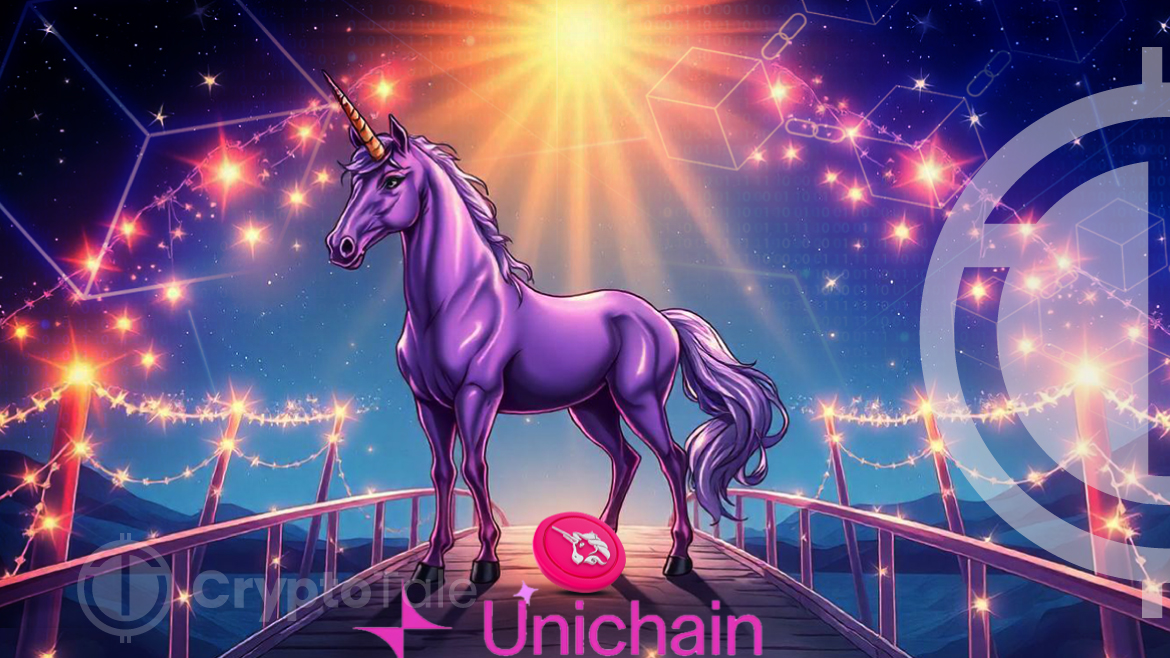- Uniswap Labs launches Unichain on Optimism’s Superchain to help DeFi with faster transactions.
- The solution supports interoperability and improves the overall DeFi experience.
- Unichain also introduced a state of the art security feature to the validation network.
Uniswap Labs has just rolled out Unichain, a new Layer 2 scaling solution. Developed on Optimism’s Superchain, Unichain is all about speeding up transactions and cutting costs for everyone using decentralized finance, or DeFi. It’s been put together by the developers with some help from Flashbots, a group that digs deep into maximizing extractable value, or MEV.
The goal with Unichain is pretty straightforward, to fix the choppy experience in DeFi where everyone’s liquidity is stuck in separate corners of the blockchain world. Hayden Adams, the CEO of Uniswap Labs, puts it simply,
We’re building a chain that lets other chains talk to each other easily. Imagine having a token on one blockchain and wanting to swap it for another on a different blockchain. With Unichain, that could happen right there and then.
Unichain isn’t open to the public yet—it’s still being tested—but it will go live in a few months. It boasts impressive features, including incredibly fast block times that process transactions in a mere 200-250 milliseconds, as well as a robust validation network that ensures enhanced security and seamless operations.
Breaking New Ground in Layer 2 Solutions
Even though the Layer 2 space is getting a bit crowded with L2Beat tracks over 105 projects trying to expand Ethereum, Adams believes Unichain will make DeFi more seamless, especially when it comes to moving things across different blockchains. At first, Unichain will focus on letting transactions jump across all the blockchains in the Superchain network in just one block’s time. Down the road, they’re looking to broaden these capabilities even further.
AAVE, Uniswap, and MATIC: Key Drivers of Ethereum’s SuccessA New Twist on Decentralization and Security
Most Layer 2 solutions rely on something called a sequencer—it’s a bit like a traffic cop for transactions, deciding the order they go through. Unichain is mixing things up by not just relying on one sequencer but also letting anyone who stakes UNI tokens help verify transactions. This doesn’t just spread out the responsibility, it also elevates the security, making sure no single player can mess things up.
And because everyone involved—from the sequencers to those staking UNI—helps keep the network running, they’ll also share in the transaction fees collected on Unichain. It’s a way to make sure the rewards of keeping the network safe and efficient are shared fairly.






